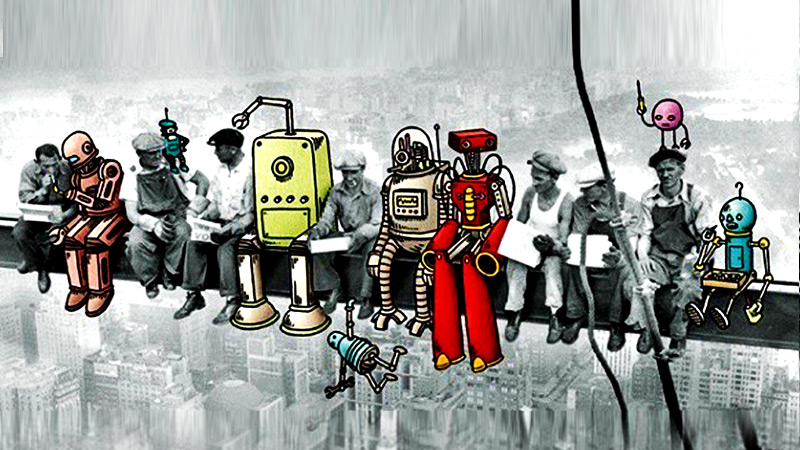In a rapidly evolving technological landscape, Bill Gates, the co-founder of Microsoft and a visionary in the tech world, has issued a warning that may send ripples throughout the industry. He asserts that within the next five years, tech jobs as we know them today may cease to exist.
This bold statement raises questions about the future of technology careers and what individuals in the industry should prepare for. In this article, we delve into Bill Gates’ prediction, explore the factors driving this transformation, and discuss what the future may hold for tech professionals.
The technological evolution
Bill Gates’ prediction is rooted in the relentless pace of technological advancement. Over the past few decades, we’ve witnessed the proliferation of artificial intelligence (AI), machine learning, automation, and the Internet of Things (IoT). These technologies have reshaped industries, automating routine tasks and augmenting human capabilities. As technology continues to advance, it’s poised to transform the job market as well.
The role of automation
One of the primary factors driving this transformation is automation. As AI and machine learning algorithms become increasingly sophisticated, they can handle tasks that were once exclusively the domain of humans. Routine and repetitive jobs in data entry, basic coding, and customer support are already being automated. As a result, companies are becoming more efficient and cost-effective, reducing the need for a large workforce in these roles.
Shift towards specialization
While some traditional tech roles may decline, there is a concurrent shift toward specialized positions. As technology becomes more integrated into various industries, there is a growing demand for experts who can design, implement, and maintain complex systems. Data scientists, AI engineers, cybersecurity experts, and cloud architects are examples of roles that are on the rise. These positions require in-depth knowledge and skills that go beyond basic tech literacy.
Soft skills
The future of tech jobs will place a greater emphasis on soft skills. As automation takes care of routine tasks, humans will need to excel in areas like creativity, critical thinking, problem-solving, and effective communication. These skills are essential for collaborating with colleagues, understanding the needs of customers, and adapting to rapid technological changes.
The gig economy and freelancing
Another aspect of the evolving tech job landscape is the rise of the gig economy and freelancing. Traditional employment models may give way to more flexible arrangements, where individuals work on specific projects or tasks for multiple clients or organizations. This shift offers opportunities for tech professionals to diversify their skills and income streams.
Reskilling and lifelong learning
To thrive in this evolving tech job market, continuous learning and reskilling will be essential. Professionals will need to stay updated with the latest technological trends and adapt to changing industry demands. This may involve pursuing certifications, taking online courses, or participating in coding bootcamps.
Bill Gates’ warning about the future of tech jobs is a stark reminder of the dynamic nature of the tech industry. While some traditional roles may become obsolete due to automation, new and specialized positions will emerge.
To remain relevant and competitive, tech professionals must embrace lifelong learning, develop soft skills, and be prepared to adapt to the evolving landscape. The future of tech jobs may be uncertain, but with the right skills and mindset, individuals can position themselves for success in this ever-changing field.






